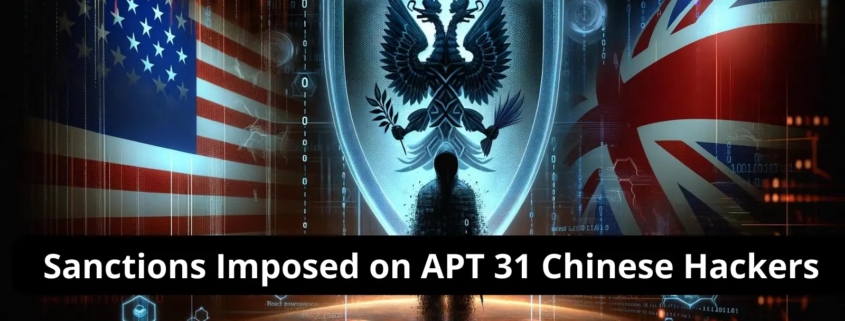Chinese Hackers Indicted in New York for Targeting Government
(TNS) — A band of hackers sent a years-long barrage of malicious e-mails to U.S. politicians, government officials, and private companies as part of a Chinese espionage and intelligence operation, federal prosecutors in Brooklyn said.
The feds on Monday announced the indictment of seven members of a Chinese state-run hacking operation, known in the cyber security community as Advanced Persistent Threat 31, running out of Wuhan since 2010. The indicted suspects all live in China, and have not been arrested by U.S. law enforcement agents.
The group sent tens of thousands of phishing e-mails to government and political officials in the U.S., as well as their family members and other contacts, usually pretending to be from prominent American journalists, according to the indictment.
The e-mails had links to what looked like real news articles, but opening the e-mail would activate a tracking link, sending location, device and network data back to a server controlled by the hackers.
They’d then use that info to target home routers and electronic devices, the feds allege.
“This case serves as a reminder of the ends to which the Chinese government is willing to go to target and intimidate its critics, including launching malicious cyber operations aimed at threatening the national security of the United States and our allies,” Attorney General Merrick Garland said Monday.
The targets included White House officials and their spouses, officials with the departments of Justice, Commerce, Treasury and State, and senators from both parties across 10 states. The hackers also tried their e-mail schemes on defense contractors, political strategists, commentators and advocates, according to the feds.
In May 2020, the hackers targeted staffers for a presidential campaign — the indictment wouldn’t say which campaign — and sent out tracking e-mails to more political campaigns that November, the feds allege.
Dissidents critical of the Chinese government and their supporters also found themselves in the hackers’ crosshairs, the feds said.
They also used custom malware and “zero-day exploits,” so named because they take…




